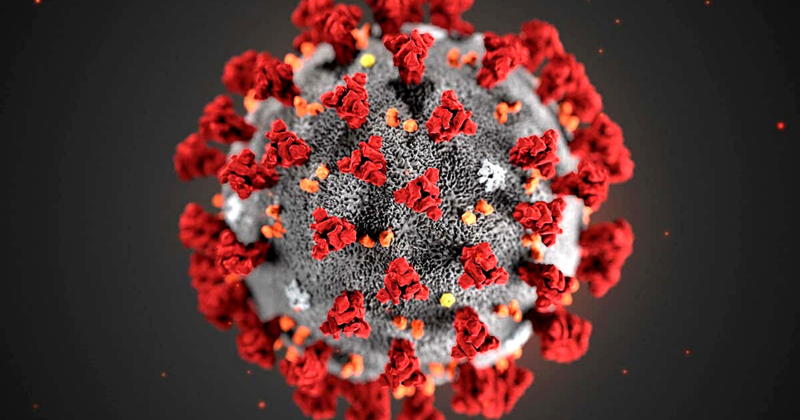The World Health Organization has recognised a new strain of COVID-19 as a variation of interest, even though the public health risk has been determined to be minimal.
The EG.5 or “Eris” variant is associated with an Omicron subvariant called XBB.1.9.2, and its incidence is increasing globally, with countries such as the United Kingdom, China, and the United States affected.
The EG.5 coronavirus strain circulating in the United States and China has been classified as a “variant of interest” by the World Health Organisation. However, it does not appear to pose a greater hazard to public health than other variants.
WHO Responds To Rising Cases, Labels ‘Eris’ Covid Strain ‘Variant Of Interest’

Credit: Canva
In a risk assessment, the WHO stated, “Collectively, available evidence does not suggest that EG.5 poses additional public health risks relative to the other currently circulating Omicron descendent lineages.” It was determined that a more thorough assessment of the risk posed by EG.5 was required.
COVID-19 has killed over 6.9 million people worldwide, with over 768 million confirmed cases since the virus’s discovery. The epidemic was declared a pandemic by WHO in March 2020, and the global emergency status for COVID-19 was lifted in May of this year.

Credit: Canva
According to Maria Van Kerkhove, WHO’s technical head on COVID-19, EG.5 was more transmissible but not more severe than other Omicron variants. “We don’t detect a change in the severity of EG.5 compared to other Omicron sublineages that have been in circulation since late 2021,” she said.
Many nations needed to provide COVID-19 data to WHO, according to Director-General Tedros Adhanom Ghebreyesus. According to him, only 11% had reported hospitalisations or ICU admissions connected to the infection.

Credit: Alamy
In response, WHO released a series of COVID-standing guidelines, urging nations to continue reporting COVID data, particularly mortality and morbidity statistics, and offering vaccines.
According to Van Kerkhove, the need for more data from many countries hampers efforts to combat the infection.
“About a year ago, we were in a much better situation to either anticipate, act, or be more agile,” she said, adding, “And the delay in our ability to do so is increasing. And our ability to do so is dwindling.”
What do you think about it? Do let us know in the comments.
For more trending stories, follow us on Telegram.

